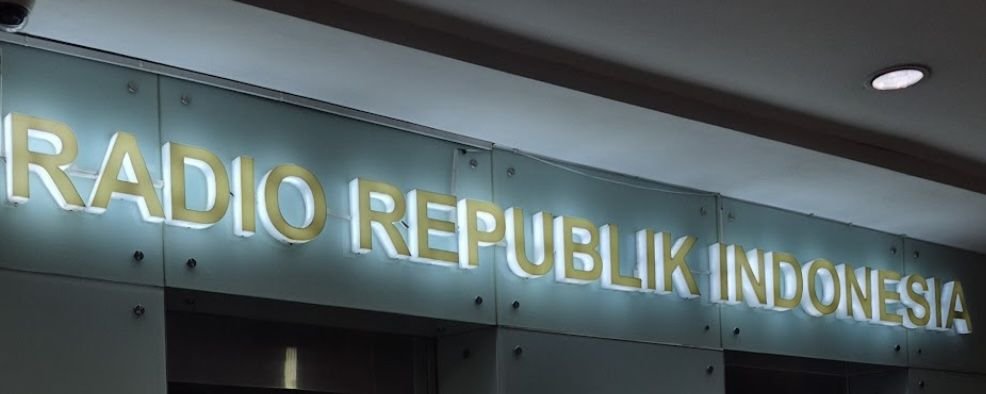Cyprus Broadcasting Corporation
The Cyprus Broadcasting Corporation (CyBC) is a public service media company founded in 1953, operating four radio channels and two television stations that cover a range of topics, including politics, economics, finance, and general news. The broadcaster is governed by a nine-member Board of Directors appointed by Cyprus’s Council of Ministers. The government maintains indirect control through its authority to approve the broadcaster’s annual budget and appoint board members, thereby enabling the ruling political party, critics say, to influence the editorial direction. A 2022 report by Cyprus’s auditor-general catalogued widespread irregularities at the public broadcaster — from opaque hiring to inflated payrolls — revealing how the corporation increased costs by 28 percent over three years despite recommendations to cut staff.









